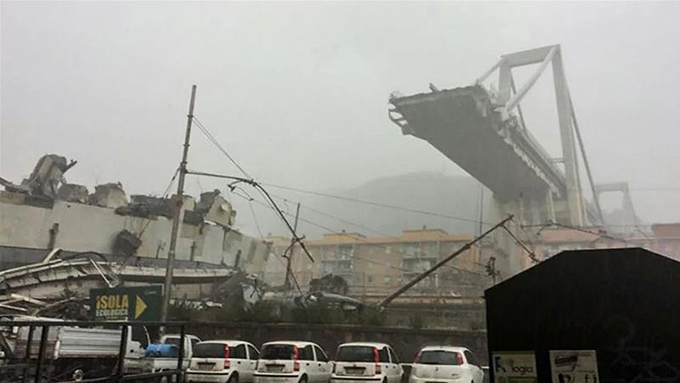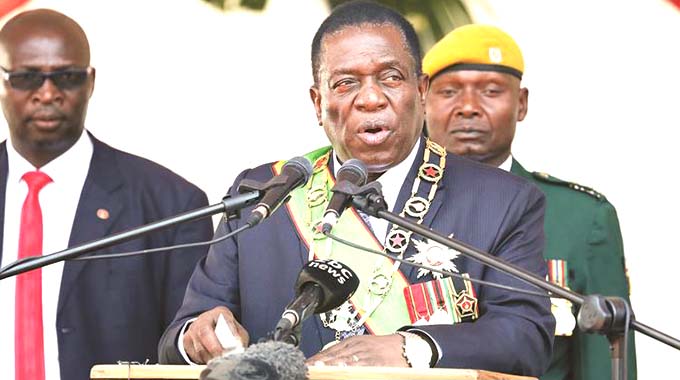How electoral petitions shape democracy

Sharon Hofisi Correspondent
Now that an electoral dispute to the 2018 election has arisen, capturing the expectations of the whole nation, we are ready to witness the contribution of electoral litigation to constitutional democracy in Zimbabwe.
We all know that Nelson Chamisa is the applicant in the electoral challenge.
A constitutional challenge is the most important avenue in protecting, promoting, respecting and fulfilling constitutional rights in a functional democracy.
Whenever an allegation of constitutional breaches is made, that allegation must be resolved expeditiously by our courts as contemplated by the constitution.
Such an allegation is equivalent to a check in the game of chess. In chess, when the king is attacked, he is said to be in check. When the king is in check and cannot get out of check, he is said to be checkmated; the game is lost.
Similarly, there is an allegation that certain electoral malpractices were committed which worked to Chamisa’s detriment.
The allegation must be determined by the Constitutional Court in terms of the Constitution and electoral law.
At the end a judicial finding on whether indeed there were malpractices that caused the electoral outcome to sway in favour of the President-elect, Emmerson Mnangagwa, will be made.
We all know that the Zimbabwe Electoral Commission (ZEC) declared Mnangagwa as the winner of the July 30 election.
At law, when an allegation has been made, the alleger must prove its veracity. This is what the applicant, Nelson Chamisa, is trying to do through his papers filed at the Constitutional Court.
Because disputes must be resolved through courts of law, Chamisa challenged the Presidential election in the Constitutional Court because the Constitution of Zimbabwe, 2013, expressly empowers him to do so.
There are stories doing the rounds in various media on whether the application is moot or has technical defects. I do not want to comment on this because the apex court is still seized with the matter.
What is obvious is that indeed the respondents in the matter are empowered at law to raise technical arguments if they indeed exist at law.
I am no avid follower of technical arguments, especially in constitutional matters. We have seen the damage such technicalities have done to the development of the constitutional jurisprudence of our beloved Republic.
The apex court has been invoking various forms of judicial restraint such as the avoidance doctrine; the doctrine of deference; the doctrine of ripeness and so forth.
That aside; the other parties to the challenge; the respondents, are also entitled to give their responses. This can be in the form of preliminary objections that can see the court striking the matter off the roll or dismissing the case altogether, depending on the nature of the challenges.
Alternatively, the respondents may not raise technical arguments and decide to focus on the merits of the averments raised by the applicant.
Just like in the game of chess where it is essential to get the king out of check whenever he is attacked, the respondents must seek to address the real issues that Chamisa is raising.
How is the hearing of both parties supposed to be done? There are three possible routes and all of them are part of the laws of Zimbabwe.
Firstly, there are rules that govern the submission of applications on election petitions as envisaged by the Constitutional Court’s rules, including practice directions issued by the Chief Justice.
We have seen in this regard the adoption of a practice direction relating to fees to be raised by the petitioners. That should be adhered to.
Secondly, the Electoral Act provides guidelines on the citation of parties and the possibility that the applicant may address the court orally.
The rule relating to oral addresses is followed in exceptional circumstances. Normally, applicants rise or fall on their affidavits.
Thirdly, the Constitution, the mother law of this Republic, has provisions on challenges to a presidential outcome. It allows the Constitutional Court to sit as an electoral court.
The presidential challenge is a special form of an election petition, heard in the Constitutional Court. While the applicant is not going through a trial where he may be allowed to call witnesses and have them examined; he may still address the Constitutional Court orally to clarify certain issues in his papers.
If the applicant is unsuccessful, the court has the power to declare President Mnangagwa as the winner. If he is successful, two outcomes may follow depending on the court’s attitude to the applicant’s prayer.
First, he may be declared the winner if there is evidence that the election was rigged. Second, some of the respondents may be absolved of any wrongdoing and the blame will fall on ZEC.
Another election will be called, of course, under a new ZEC structure.
Two likely scenarios may also follow: first, one of the parties may boycott another election. The other parties will square off.
We saw this in Kenya where a superior court reversed the electoral victory following the hacking of results.
Raila Odinga boycotted and his rival, Uhuru Kenyatta went on to win that election.
Second, we see a replay of the tight race between President Mnangagwa and Chamisa.
Sharon Hofisi is a UZ lecturer in administrative law. [email protected]









Comments